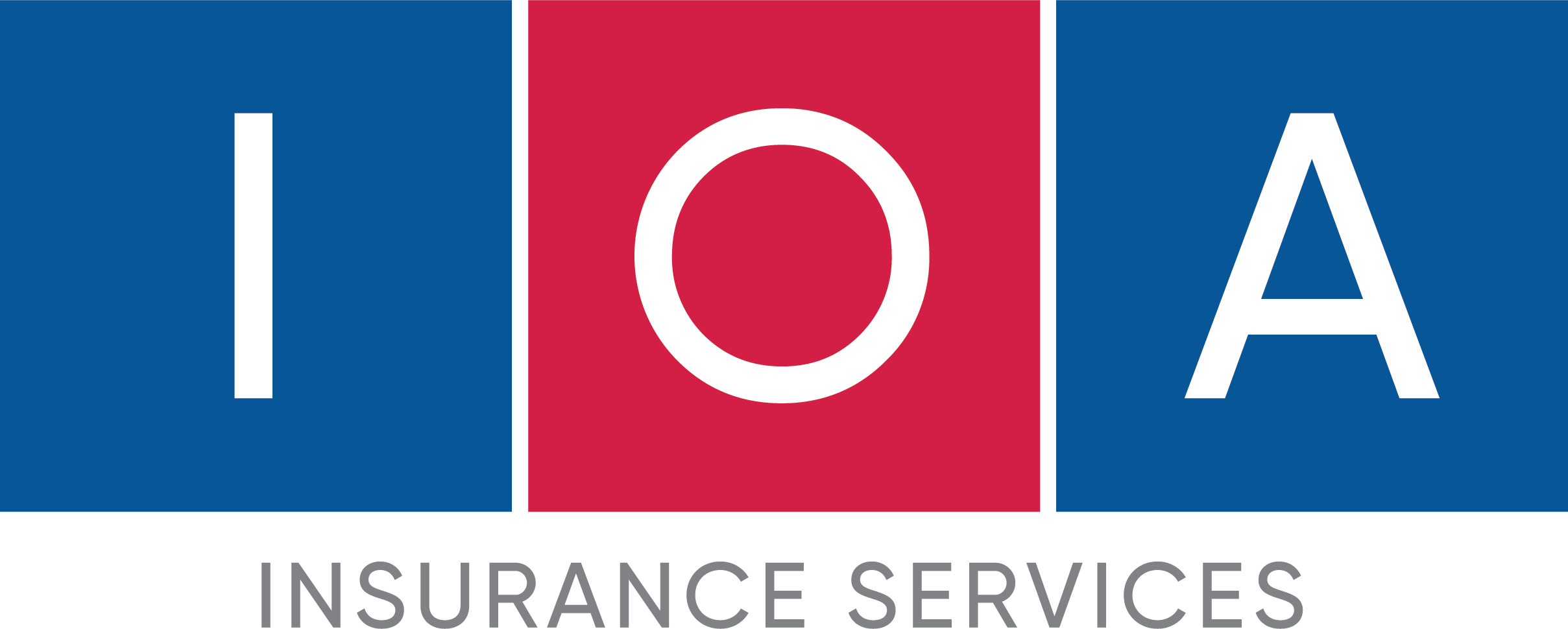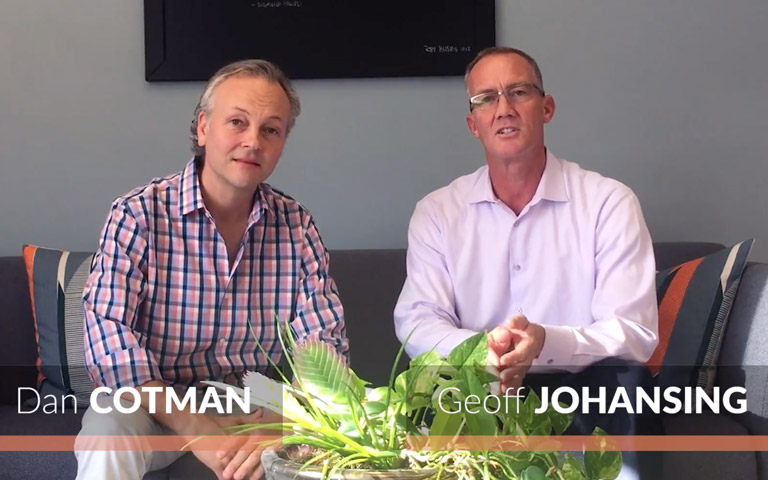Podcast: Play in new window | Download (Duration: 4:16 — 9.8MB)
Subscribe: Apple Podcasts | Email | RSS | More Subscribe Options
An interview with Dan Cotman on how to protect your company’s proprietary information from being used by your ex-employees.
In this Happy Employees Video, Geoff Johansing is speaking with Dan Cotman, founder of Cotman IP, a law firm in Pasadena that specializes in intellectual property. As we all strive to have happy employees, sometimes things don’t work out. In this video, he addresses how to protect your company’s proprietary information from being used by your ex-employees.
For more “Happy Employees” insights, join our LinkedIn Group!
About Dan Cotman
Cotman IP Law Group, PLC
Pasadena, CA
FULL TRANSCRIPTION:
GEOFF JOHANSING: Hello everyone. I’m Geoff Johansing. I’m here today with Dan Cotman. Dan runs an intellectual property law firm here in Pasadena, Cottman IP. I’ve talked to him about our “Happy Employees” theme, and he’s shared with me, “It’s great! It’s a wonderful idea”, but sometimes there are just our bad seeds out there or employees that aren’t happy and then they leave. He’s gonna help me converse with you with regards to what to do in the instance that you have intellectual property or trademarks that you do not want to have leave.
DAN COTMAN: Yes thank you Geoff!
GJ: Absolutely!
DC: Yeah the Geoff’s ideal of happy employees is certainly the dream. I have advised many businesses of the understanding that that doesn’t always happen. Sometimes people leave and try to take things that are proprietary and so the mechanism we use to stop that as intellectual property lawyers is typically a nondisclosure agreement. What those non-disclosure agreements contain is a trade secrets provision where it says “Hey you unhappy person, you can’t take a protective trade secrets out the door and use it with my competitors or with other people”.
They are enforceable, but they are only enforceable in situations where adequate measures have been taken to protect the trade secret. The mistake I see often made is that either there is no non-disclosure paperwork with all the employees or there is the paperwork but the company has not taken the adequate measures to really protect the information.
So in your own business think about something like customer information which may be very critical to the success of your business. But if it’s open and available to everybody at the company those who sign non-disclosure agreements, those that haven’t, then it’s not really a trade secret no matter whether you have agreements that say it’s a trade secret or not. So if Mr. Unhappy leaves and you need to then try to stop them from using that information, if you haven’t taken the right internal adequate measures to protect the information, you’re gonna have a tough time.
So, the recommendation in terms of a best practice is certainly to have those agreements in place and to have the adequate measures in place as well.
JG: So, for example making sure all the files are locked and put away, etc?
DC: Yep, it’s basic things. It’s locked doors, locked cabinets where information is really sensitive, access control where certain types of files might exist in either electronic form or in physical form.
GJ: We went through a lot of that as the HIPAA laws came out, and were new, where we had to make sure that all of our files were locked and everything. Now we’re much more, work 100% online and everything is locked.
DC: Yeah, it’s the best way to do it’s electronically in most circumstances so you can have an audit trail, see who’s accessed it, make sure that only people that have signed on to the right legal paperwork have an audit trail. Electronic is not always possible. In something like a research and development lab you have to physically control who comes in and out of the room and what they see and then make sure that anybody who comes in the room is signed off on the paperwork. So in some of the more locked down facilities I’ve been in, you know, you come up to the reception desk, you sign a nondisclosure agreement, you’re given an access badge that logs what time you went in, what time you leave, you’re escorted everywhere, you have a big label that says visitor, and everybody knows you’re like the alien in the room that has the non-disclosure agreement signed. So that’s taking it to the, you know, next level but for certain types of things, that’s really necessary.
GJ: Well, after this video you’ll see Dan Cotman’s information posted and thank you very much. Thank you Dan.
DC: Thank you. Alright, happy to help.

